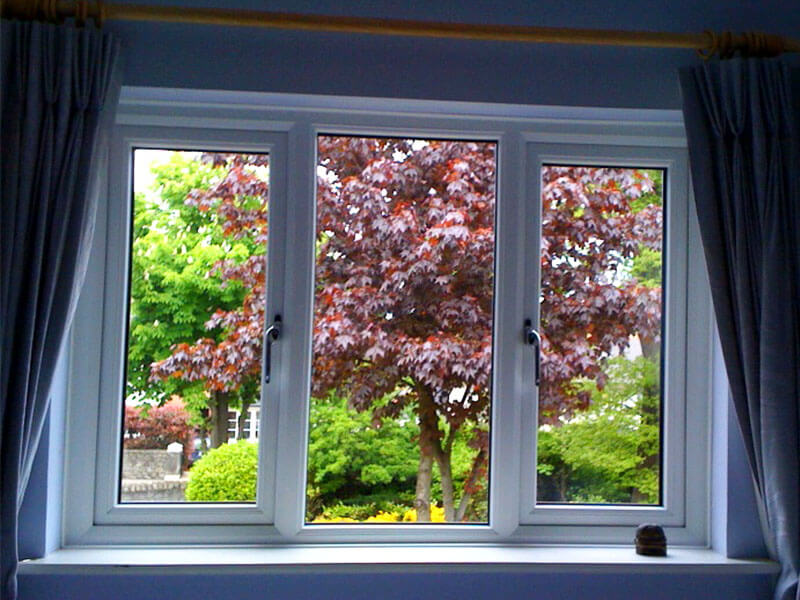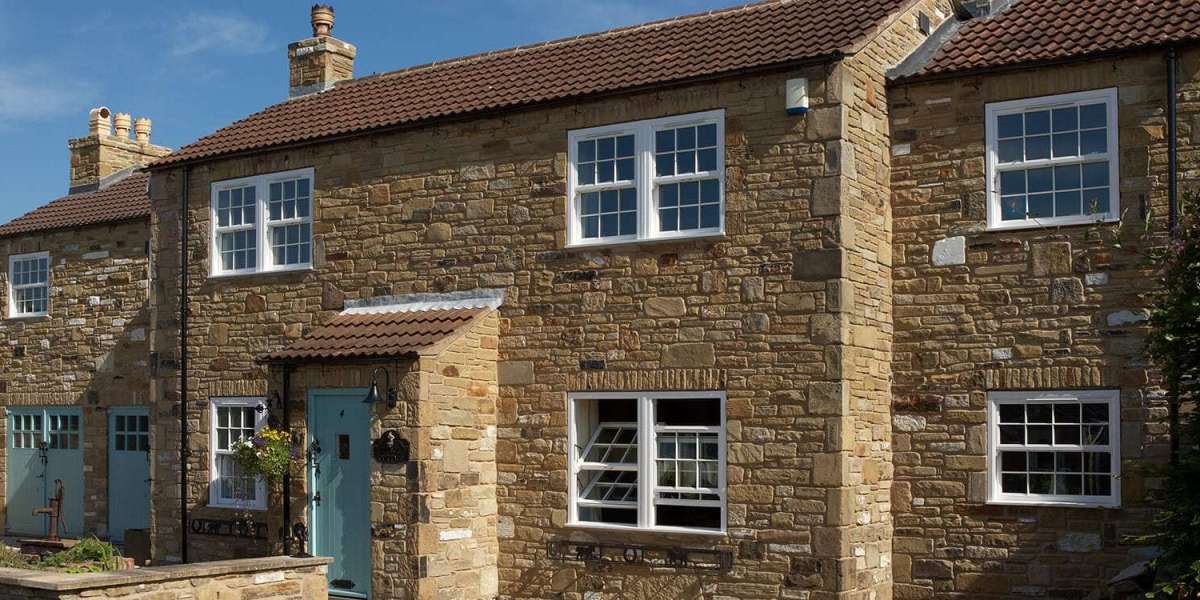In the ever-evolving landscape of construction and home improvement, window installation has traditionally been a labor-intensive process, requiring skilled labor, precise measurements, and often, significant time commitments. However, recent advancements in technology have led to the emergence of smart window systems, which promise to revolutionize how windows are installed and integrated into homes and buildings. This article explores the latest innovations in window installation, focusing on smart systems that enhance energy efficiency, ease of installation, and overall functionality.
The Evolution of Window Installation
Historically, window installation involved a series of manual steps: measuring the window frame, cutting the glass to size, and sealing it in place. While these methods have served the industry well for decades, they are not without drawbacks. Traditional installation processes can be time-consuming and prone to human error, leading to issues such as air leaks, water infiltration, and energy loss.
In recent years, the introduction of prefabricated window units and modular construction techniques has streamlined the installation process, reducing labor costs and installation time. However, the advent of smart window systems takes this evolution a step further, integrating cutting-edge technology to create windows that are not only easier to install but also more efficient and functional.
What Are Smart Window Systems?
Smart window systems are designed to adapt to changing environmental conditions, enhancing both comfort and energy efficiency in residential and commercial buildings. These systems can include features such as electrochromic glass, Double Glazing St Albans which changes tint based on sunlight exposure, and integrated sensors that monitor indoor and outdoor temperatures. By automatically adjusting their properties, smart windows can help regulate indoor climates, reducing the need for heating and cooling.
One of the most significant advantages of smart window systems is their ability to be integrated with home automation systems. Homeowners can control their windows through smartphone applications or voice-activated devices, allowing for personalized settings based on individual preferences. For instance, users can program their windows to tint automatically during peak sunlight hours, minimizing glare and reducing air conditioning costs.
Enhanced Energy Efficiency
The energy efficiency of buildings is a major concern, especially in the context of rising energy costs and increasing environmental awareness. Smart window systems contribute significantly to energy conservation efforts. By optimizing natural light and reducing reliance on artificial lighting, these windows can lower energy consumption by up to 30%.
Furthermore, smart windows can be equipped with solar energy harvesting capabilities, allowing them to generate electricity from sunlight. This feature not only reduces energy costs for homeowners but also promotes sustainability by decreasing reliance on fossil fuels.
Simplified Installation Processes
One of the most notable advances in smart window technology is the simplification of the installation process. Traditional window installation requires precise measurements and skilled labor, which can lead to delays and increased costs. In contrast, many smart window systems are designed for quick and easy installation, often featuring modular designs that can be assembled on-site without the need for specialized tools.
For example, some manufacturers have developed window units that come pre-assembled with integrated frames, eliminating the need for separate framing and sealing processes. These units can be installed in a fraction of the time it would take to install traditional windows, significantly reducing labor costs and minimizing disruption for homeowners.
Integration with Building Design
Another significant advancement in window installation is the ability to integrate smart window systems seamlessly into modern architectural designs. As building designs become increasingly complex, the need for versatile window solutions has become paramount. Smart windows can be customized to fit a variety of shapes and sizes, allowing architects and builders to incorporate large glass panels and unique window configurations without compromising performance or efficiency.
Additionally, smart windows can be designed to complement other building materials and systems, creating a cohesive aesthetic that enhances the overall appearance of the structure. This level of integration not only improves the visual appeal of buildings but also promotes better energy management and indoor comfort.
Future Trends in Window Installation
Looking ahead, the future of window installation is poised for further innovation. As technology continues to advance, we can expect to see even more sophisticated features integrated into smart window systems. For instance, advancements in artificial intelligence could lead to windows that learn and adapt to user behavior over time, optimizing energy usage and enhancing comfort based on individual preferences.
Moreover, the incorporation of augmented reality (AR) technology into the installation process could revolutionize how windows are measured and installed. By using AR tools, installers could visualize the final product in real-time, ensuring precise measurements and reducing the likelihood of errors.
Conclusion
The rise of smart window systems marks a significant advancement in the field of window installation, offering a range of benefits that enhance energy efficiency, simplify installation processes, and integrate seamlessly into modern architectural designs. As technology continues to evolve, we can expect even greater innovations that will further transform the way windows are installed and utilized in both residential and commercial settings.
Homeowners and builders alike stand to benefit from these advancements, making smart window systems a compelling option for those looking to improve their living spaces while contributing to a more sustainable future. The future of window installation is bright, and smart technology is leading the way.









